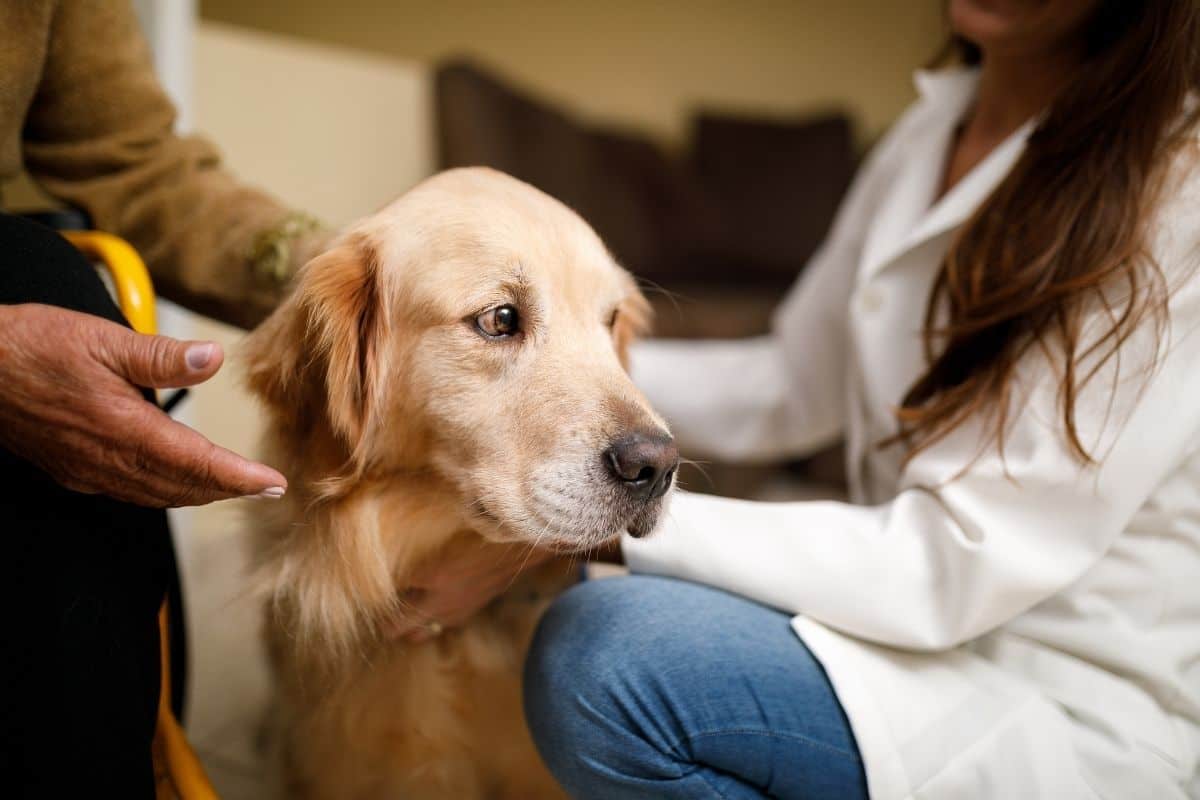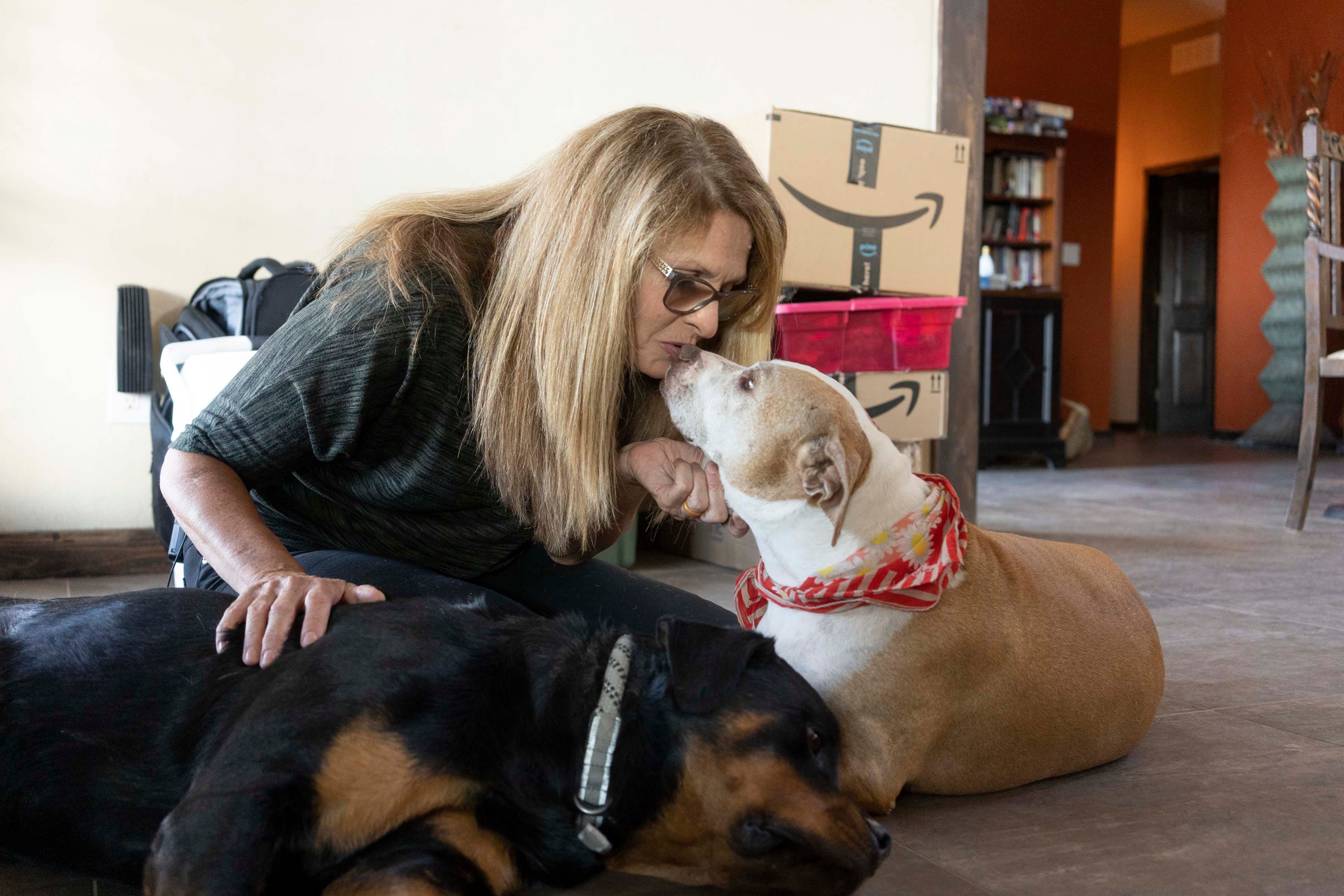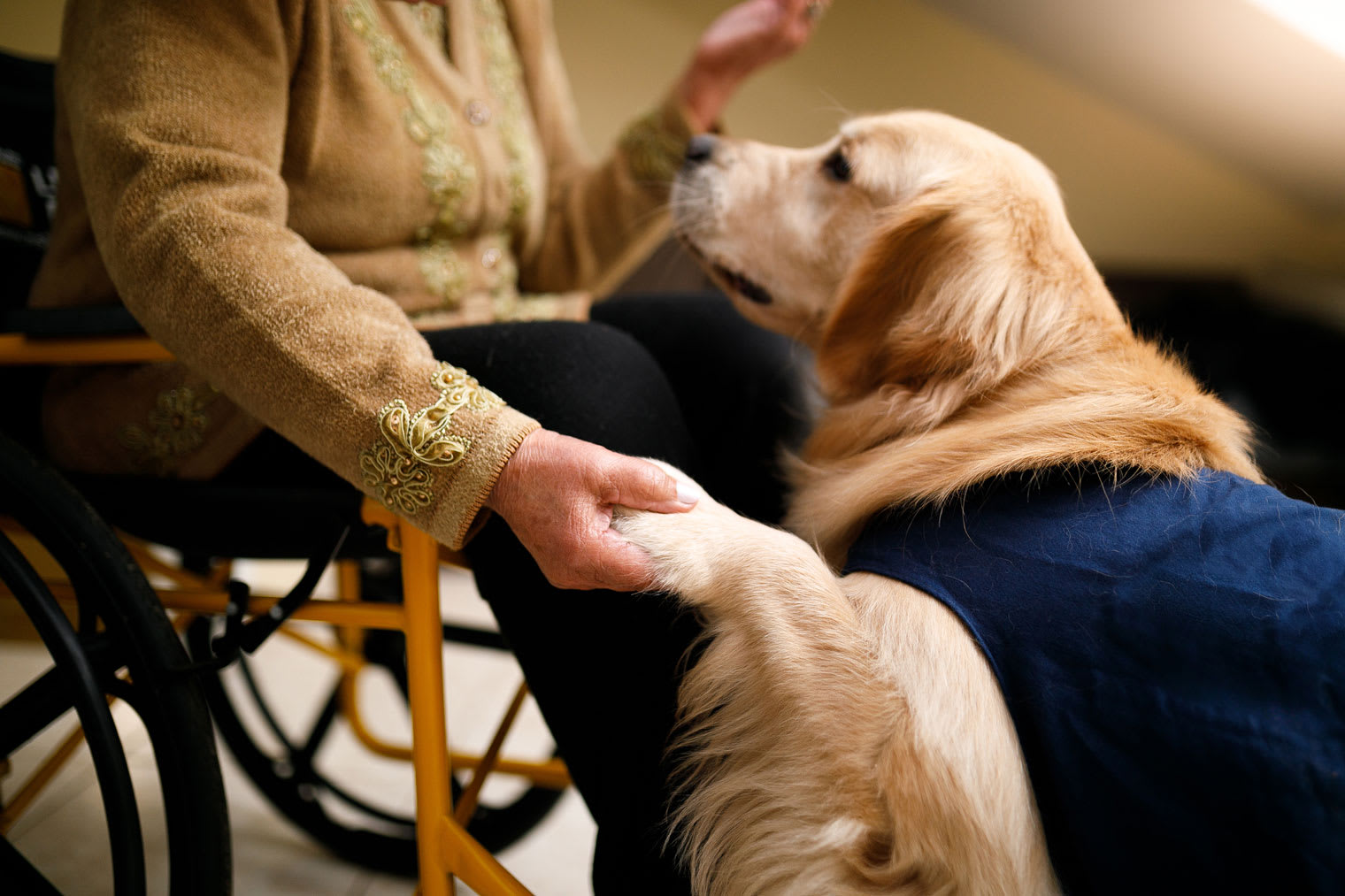Service Animals In The Workplace California

Most people are familiar with service animalstypically dogsthat assist people with disabilities at home and at work.
Service animals in the workplace california. Service Animals and Emotional Support Animals in the Workplace. But what about comfort animals such as pigs snakes birds or cats. Advancements in animal training and alternative medical treatments mean that animals today can be much more than just pets.
Guides people who are blind. Service animals usually dogs of any breed or size are working animals and are not considered pets. Service animals are not pets.
Depending on the type of work some workplaces may be exempt from allowing service animals in the workplace. On the other hand federal law defines an emotional support animal by exclusion. Prior to the amendment employers would associate a support animal with a guide dog or other service dogs such as a trained seizure alert dog.
A support animal sometimes called a comfort animal is one that provides emotional cognitive or other similar support to a person with a disability including but not limited to a traumatic brain injury or a mental disability such as major depression. The animal cannot engage in behavior that endangers the health or safety of anyone in the workplace including. California law allows persons with disabilities to bring service dogs and emotional support animals to work with some limitations.
Perez By Andrea L. This post was authored by Jennifer Rosner. A blind employee should not need to prove the need for a seeing eye dog.
Under the employment part of the ADA title I there are no specific guidelines for employers to follow when an individual with a disability wants to use a service animal in the workplace. The Americans with Disabilities Act ADA defines service animals as dogs that are individually trained to do work or perform specific tasks for an individual with a disability including physical sensory psychiatric intellectual or other mental. The service animal must be harnessed leashed or tethered while in public places unless these devices interfere with the service animals work or the persons disability prevents use of these devices.
















